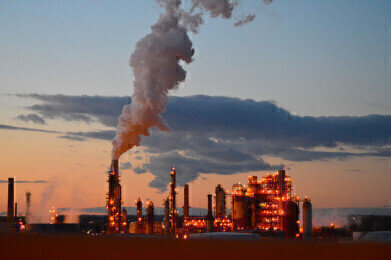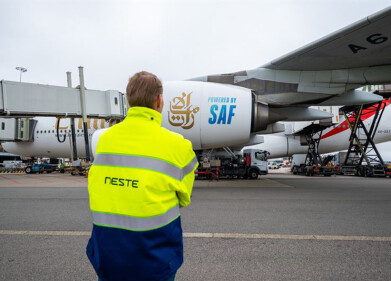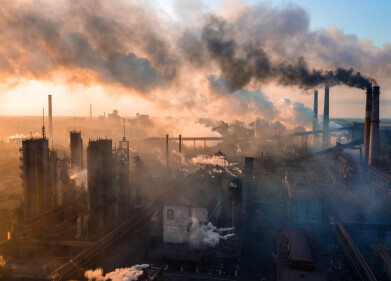Fuel for Thought
What is Petroleum Engineering?
Feb 03 2016
Energy is an integral part of our everyday lives. From powering cars to lighting up homes, petroleum is a resource that categorically makes the world go round. Knowledge doesn’t come cheap, which is why it’s so important to continually educate the next generation in the art of petroleum engineering. But what exactly does the field encompass? And why does it matter? Read on as we take a close look at the petroleum engineering, any why its hailed as a blend of innovation, exploration and expansion.
Why is it important to educate the innovators of tomorrow?
Petroleum may make the world tick at the moment, but as a non-renewable resource it’s not going to last forever. That’s why it’s vital to ensure that the next generation is able to find a harmonic balance between the use of petroleum, its environmental impacts, its social consequences and its affordability. In the long run, the goal for petroleum engineers is to achieve energy security for all.
What does petroleum engineering involve?
Petroleum is a complex resource, with a myriad of knock on economic, social and environmental effects. For this reason engineers must be able to creatively apply a wide spectrum of knowledge on the job. This includes mathematics, physics, geology and chemistry. In addition to being a discipline in itself petroleum engineering also overlaps with other engineering disciplines, including mechanical, chemical, and civil.
On the job petroleum engineers are expected to perform a wide range of tasks. They undertake the initial evaluation of potential oil and gas reservoirs, oversee drilling activities, select/implement recovery schemes and design surface collection and treatment facilities.
The role of technology
Today they rely on cutting edge technology to help carry out all these tasks. Ultra-advanced super computers are used to analyse exploration data and simulate of reservoir behaviour, as well as automate oilfield production and drilling operations.
They’re also continually coming up with new ways to recover hydrocarbons from oil shale, tar sands, and offshore oil/gas fields. With oil supplies running low they’re also pioneering new methods of extracting leftover oil after conventional production techniques have been exhausted.
For more insight into the sophisticated technology used by petroleum engineers, ‘A World First – Verification of Petroleum Analysers According to ISO-Standards’ offers a glimpse at the industry’s reliance on the proficiency of QC laboratories. This ensures manufactured products meet imposed quality standards, are safe for usage and comply with environmental legislations.
Image via Flickr Creative Commons. Photo credits: pontia
Digital Edition
PIN 25.1 Feb/March
March 2024
In This Edition Safety - The technology behind the ION Science Tiger XT - Safety with ammonia and LOHCs as hydrogen carriers Analytical Instrumentation - Discussion on new tribology te...
View all digital editions
Events
Apr 28 2024 Montreal, Quebec, Canada
Apr 30 2024 Birmingham, UK
May 03 2024 Seoul, South Korea
May 05 2024 Seville, Spain
May 06 2024 Riyadh, Saudi Arabia


















